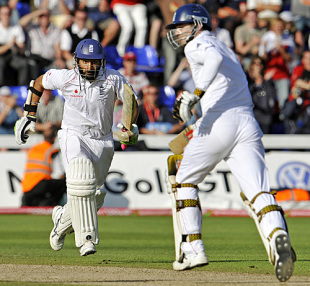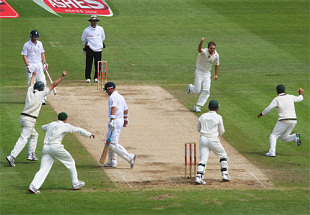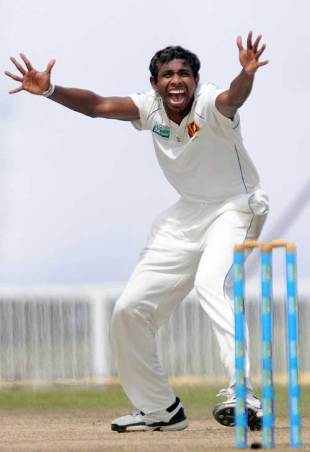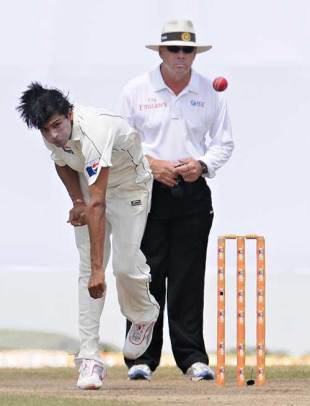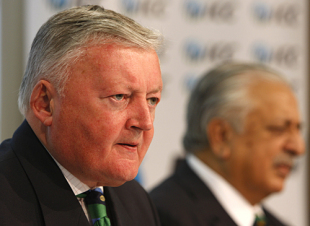
David Morgan, the ICC president, and Ijaz Butt, the PCB chairman, arrived at an agreement during a meeting in Dubai © Associated Press
The ICC and the PCB have resolved their dispute over the staging of the 2011 World Cup. The PCB, which was stripped of its rights to host the tournament in the aftermath of the attack on Sri Lankan cricketers in Lahore, will retain its host fees of US$10.5 million and also receive a payment, still undisclosed, as additional compensation for the loss of hosting rights. The two parties reached an agreement during a meeting between the ICC president David Morgan and the PCB chairman Ijaz Butt in Dubai. It is expected that the settlement will be signed later today, at which point the PCB will withdraw its legal proceedings against the ICC.
However, Butt told AFP that the PCB was aiming to include a clause in the agreement which would allow Pakistan to host some of the World Cup matches depending on the teams' approval. "We have also demanded to include a clause in (Thursday's) agreement that if the security situation improves in Pakistan, some of the World Cup matches be played in Pakistan subject to teams' acceptance," he said.
It was also agreed that the PCB would be free of its liabilities and obligations associated with hosting matches during the tournament, including the location of the tournament secretariat which had originally been set for Lahore.
"This resolution is good for world cricket and provides an improved platform for the ICC Cricket World Cup 2011 as we now have a degree of certainty surrounding the event that was not there while the dispute was ongoing, " Morgan said after the agreement was reached. "I am glad we were able to come to an amicable agreement and I believe this is a fair resolution for the PCB and the ICC."
He added that international cricket would return to Pakistan once the ICC deemed the security situation in the country was fit for teams to tour. "When the position in Pakistan, from a safety and security point of view, becomes satisfactory to the ICC and its specialist security advisors as well as to visiting teams, then international cricket will return to Pakistan," he said.
Butt, who had strongly opposed the ICC's decision to move matches out of Pakistan, welcomed the breakthrough. "The PCB is content with the settlement that has been reached," he said. "We are able to see this dispute from the other side. We realise also the logistical and administrative difficulties that would be associated with organising our matches in the other three co-host countries.
"Our number-one priority is that cricket in Pakistan must not be allowed to suffer unduly and I believe this agreement is the best possible outcome for the game," he said.
The PCB had reacted sternly over its loss of hosting rights for the tournament and had issued a legal notice to the ICC in May, calling the decision "discriminatory" and "legally flawed".
Six Sri Lankan cricketers were hurt in the attack on their team in March when they were touring for a two-Test series; other countries, prior to the tour, had refused to visit citing concerns over the volatile security situation in Pakistan. The PCB had also filed a case in the Lahore court against the ICC's decision to move the headquarters of the 2011 World Cup (the World Cup secretariat) from Lahore to Mumbai.
In June, the ICC ruled out the possibility of Pakistan's matches being hosted at neutral venues, including the UAE. It confirmed the decision to allocate Pakistan's share of the matches to the three other co-hosts, India, Sri Lanka and Bangladesh. The row showed signs of abating when, earlier this month, the PCB said it was looking for an out-of-court settlement to resolve the matter and added it was entitled to a substantial compensation for its share of matches being taken away.
Courtesy By Cricinfo
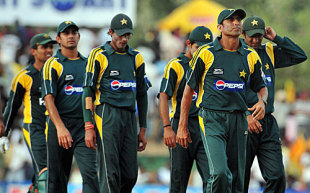
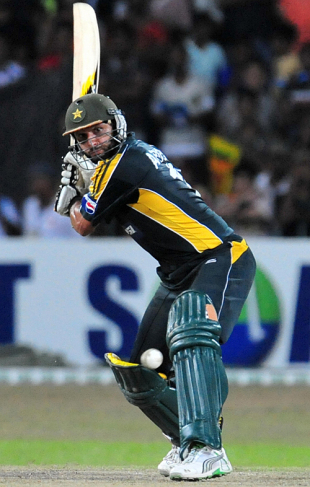

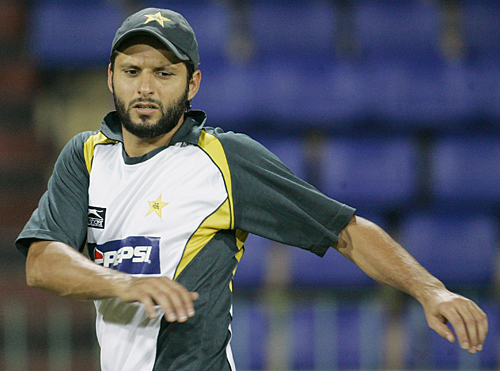

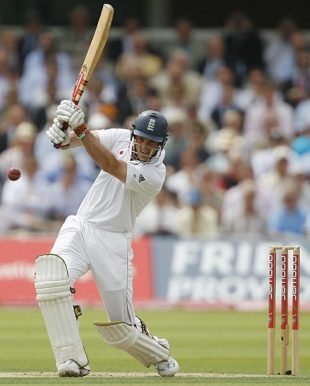
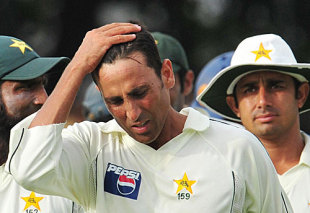
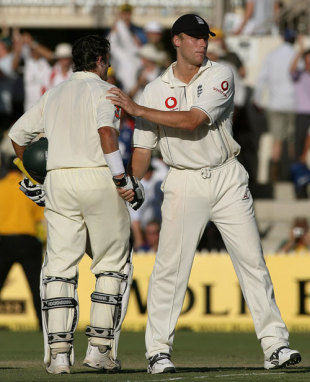
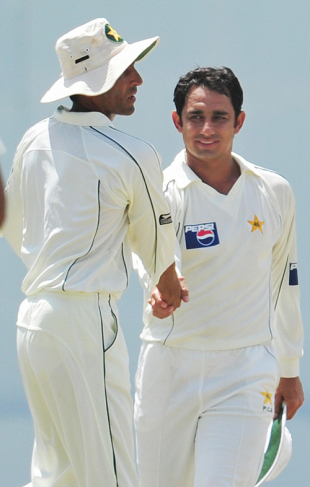

![Reblog this post [with Zemanta]](http://img.zemanta.com/reblog_e.png?x-id=e27e7da5-b2d3-4a11-b4ac-2a8e56b45e8c)
